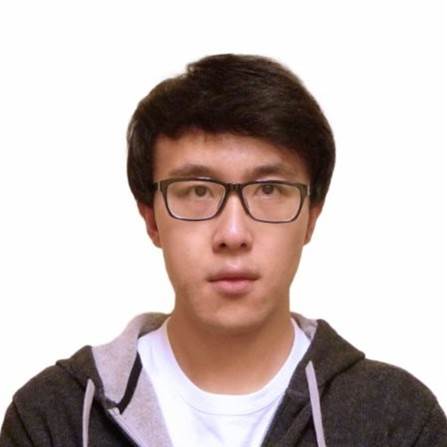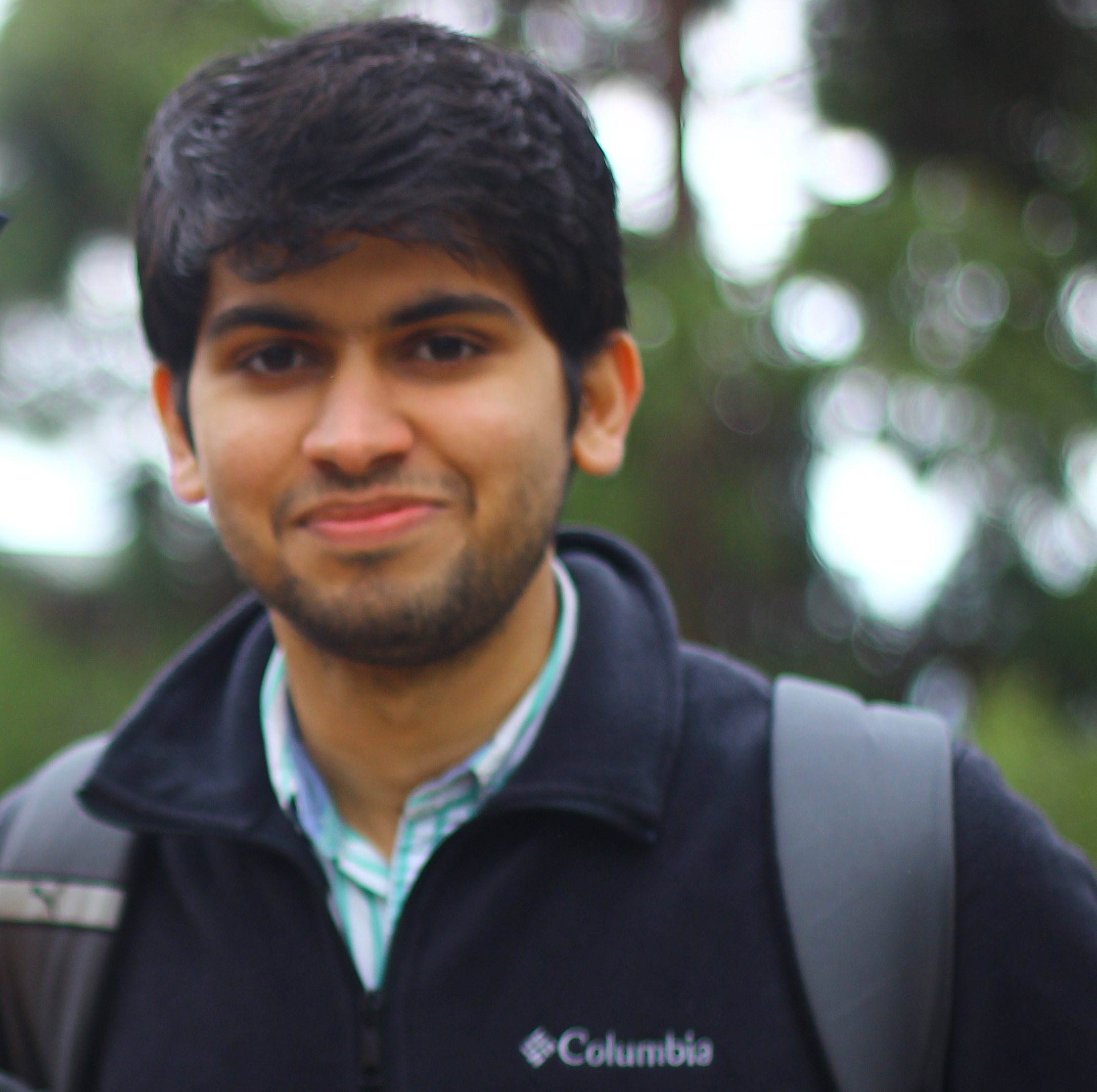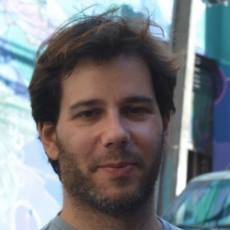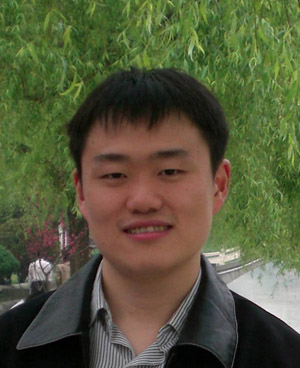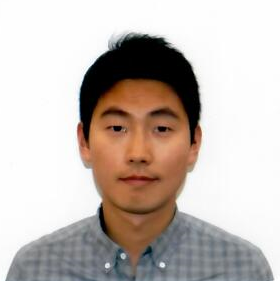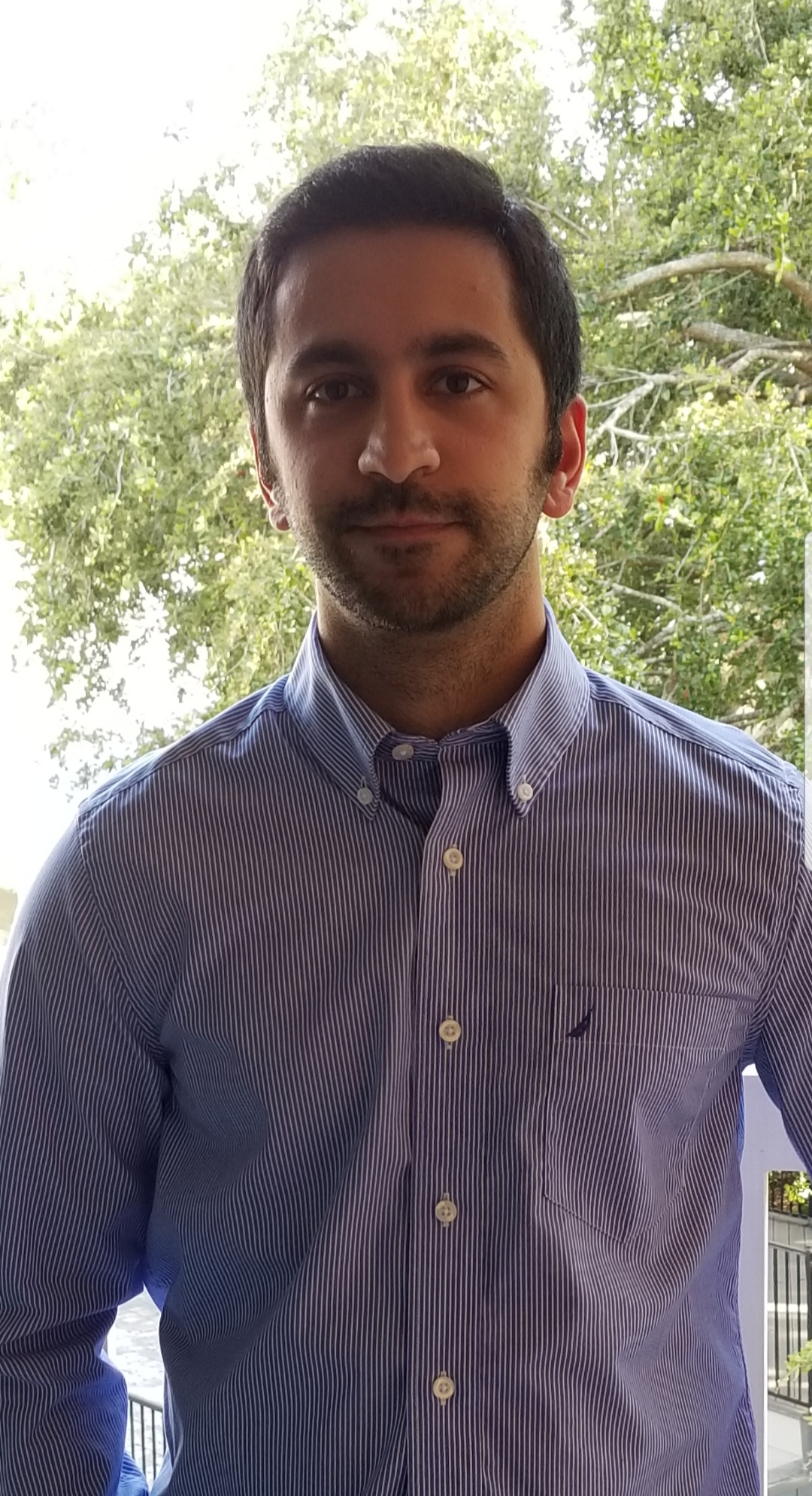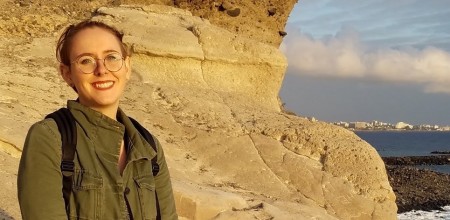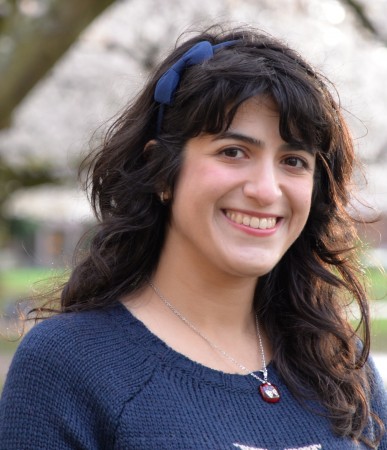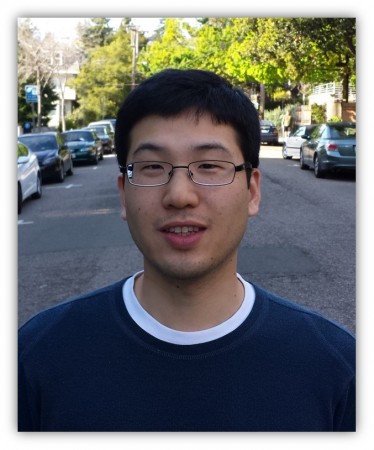VASC Seminar
Deep Representation Learning with Induced Structural Priors
Abstract: With the support of big-data and big-compute, deep learning has reshaped the landscape of research and applications in artificial intelligence. Whilst traditional hand-guided feature engineering in many cases is simplified, the deep network architectures become increasingly more complex. A central question is if we can distill the minimal set of structural priors that can [...]
Lifelong Learning via Curiosity and Self-supervision
Abstract: Humans demonstrate remarkable ability to generalize their knowledge and skills to new unseen scenarios. One of the primary reasons is that they are continually learning by acting in the environment and adapting to novel circumstances. This is in sharp contrast to our current machine learning algorithms which are incredibly narrow in only performing the [...]
Capturing and Learning Digital Humans
Abstract: The world is shifting towards a digitization of everything -- music, books, movies and news in digital form are common in our everyday lives. Digitizing human beings would redefine the way we think and communicate (with other humans and with machines), and it is necessary for many applications; for example, to transport people into virtual and augmented reality, [...]
Deformable models meet deep learning: supervised and unsupervised approaches
Abstract: In this talk I will be presenting recent work on combining ideas from deformable models with deep learning. I will start by describing DenseReg and DensePose, two recently introduced systems for establishing dense correspondences between 2D images and 3D surface models ``in the wild'', namely in the presence of background, occlusions, and multiple objects. [...]
Building Scalable Framework and Environment of Reinforcement Learning
Abstract: Deep Reinforcement Learning (DRL) has made strong progress in many tasks that are traditionally considered to be difficult, such as complete information games, navigation, architecture search, etc. Although the basic principle of DRL is quite simple and straightforward, to make it work often requires substantially more samples with more computational resource, compared to traditional [...]
Scene Understanding
Abstract: Accurate and efficient scene understanding is a fundamental task in a variety of computer vision applications including autonomous driving, human-machine interaction, and robot navigation. Reducing computational complexity and memory use is important to minimize response time and power consumption for portable devices such as robots and virtual/augmented devices. Also, it is beneficial for vehicles [...]
Relating First-person and Third-person Videos
Abstract: Thanks to the availability and increasing popularity of wearable devices such as GoPro cameras, smart phones and glasses, we have access to a plethora of videos captured from the first person perspective. Capturing the world from the perspective of one's self, egocentric videos bear characteristics distinct from the more traditional third-person (exocentric) videos. In [...]
Towards better methods of video generation
Abstract: Learning to generate future frames of a video sequence is a challenging research problem with great relevance to reinforcement learning, planning and robotics. Existing approaches either fail to capture the full distribution of outcomes, or yield blurry generations, or both. In this talk I will address two important aspects of video generations: (i) what [...]
Acquiring and Transferring Generalizable Vision-based Robot Skills
Abstract: In recent years, there have been great advances in policy learning for goal-oriented agents. However, there are still major challenges brought by real-world constraints for teaching highly generalizable and versatile robot policies in a cost efficient and safe manner. In this talk, I will argue that instead of aiming to teach large motion repertoires [...]
Learning to localize and anonymize objects with indirect supervision
Abstract: Computer vision has made great strides for problems that can be learned with direct supervision, in which the goal can be precisely defined (e.g., drawing a box that tightly-fits an object). However, direct supervision is often not only costly, but also challenging to obtain when the goal is more ambiguous. In this talk, I [...]
